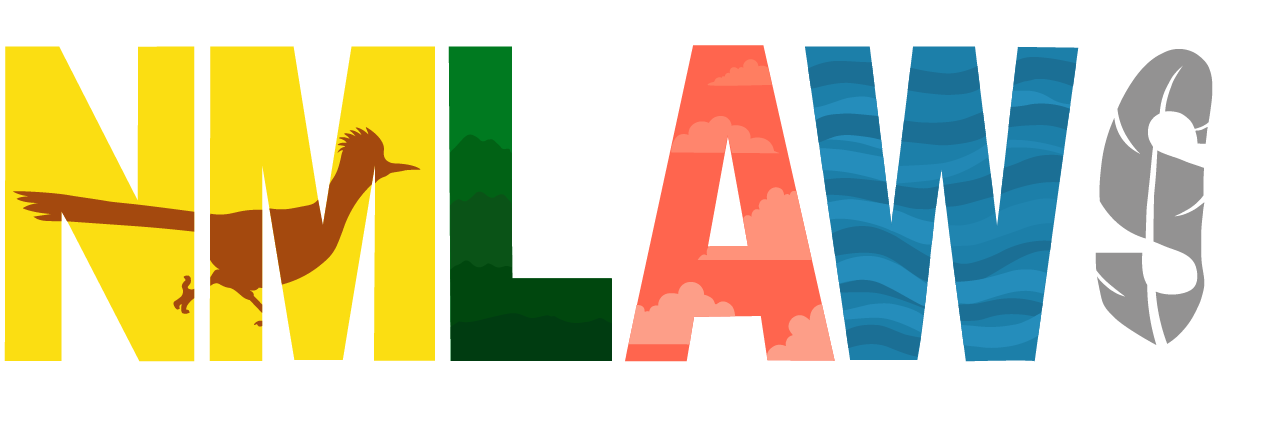With state choking on oil industry pollution, 3 bills should become law
This op-ed was published in the Albuquerque Journal on January 16, 2024.
BY GAIL EVANS AND ENNEDITH LOPEZ
As the catastrophic effects of the climate crisis have become tangible, daily realities to billions of people around the globe. Here in New Mexico people are choking on oil and gas pollution — and our legislators have to act.
Over the past decade, fossil fuel extraction in our state has increased tenfold, making New Mexico the second-largest producer of crude oil and seventh-largest producer of fossil gas in the country. Not only has this worsened the suffering created by human-made climate change around the world and in New Mexico, it’s also caused an explosion in pollution that is making our residents sick and devastating our environment.
That’s why a coalition of frontline community members, Indigenous peoples, youth and nonprofit organizations sued the state of New Mexico and Gov. Michelle Lujan Grisham in May for violating the state Constitution. Our state’s Constitution, after all, guarantees a “healthful and beautiful environment” and mandates that the state control pollution to safeguard our air, water and other natural resources.
But state legislators shouldn’t wait for a judge to rule on our case. Instead, our leaders have a chance to begin protecting New Mexicans from oil and gas pollution right now.
We’re calling on the governor and legislators to take three basic steps this legislative session. First, they should implement children’s health buffer zones across the state.
Today, more than 32,000 New Mexico children attend schools within 1 mile of unplugged oil and gas wells, and about 24,000 students have active oil and gas wells within a half-mile of their schools.
Children are especially vulnerable to the toxic contaminants emitted during oil and gas extraction. Being exposed to this pollution can worsen or increase the risk for a host of health problems, including respiratory disease, asthma, neurodevelopmental disorders, cognitive development, pediatric cancers and chronic diseases.
Establishing a 1-mile buffer between oil and gas sites and schools would significantly safeguard our children’s health. It’s the bare minimum that legislators can do.
Next they should require mandatory penalties and public notification when operators spill toxic liquid waste.
There are on average four spills per day at the 69,000 oil and gas wells across New Mexico. But because of our state’s lax regulatory environment when it comes to the fossil fuel industry, operators are never penalized for these spills. Nor do they have to notify nearby residents.
This must change. A law requiring mandatory penalties and public notification when operators spill toxic liquid waste would lead to greater transparency and force companies to implement operational safeguards at their sites.
Lastly, legislators should prohibit the use of freshwater for fracking and require the industry to re-use its toxic liquid waste instead of draining our precious aquifers.
Like much of the West, New Mexico is seeing our water resources strained by long-term drought and overuse. Despite this, the oil and gas industry has limitless access to our water supply with many fracking sites in New Mexico guzzling millions of gallons of freshwater apiece and turning it into toxic liquid waste.
For every barrel of oil, the industry produces about seven barrels of waste. Yet currently there is no law that requires companies to re-use their toxic liquid waste for fracking — and there is simply no reason to allow them to use our freshwater when they could be reusing their own waste.
It is high time that the governor and legislators take these initial steps toward compliance with their constitutional duty to control oil and gas pollution. These three bills will help protect the health and wellbeing of our children and frontline communities. It’s the least our leaders can do for New Mexico, and for the planet.
Gail Evans is a New Mexico-based attorney at the Center for Biological Diversity.
Ennedith Lopez is the Policy Lead for Youth United for Climate Crisis Action (YUCCA).
